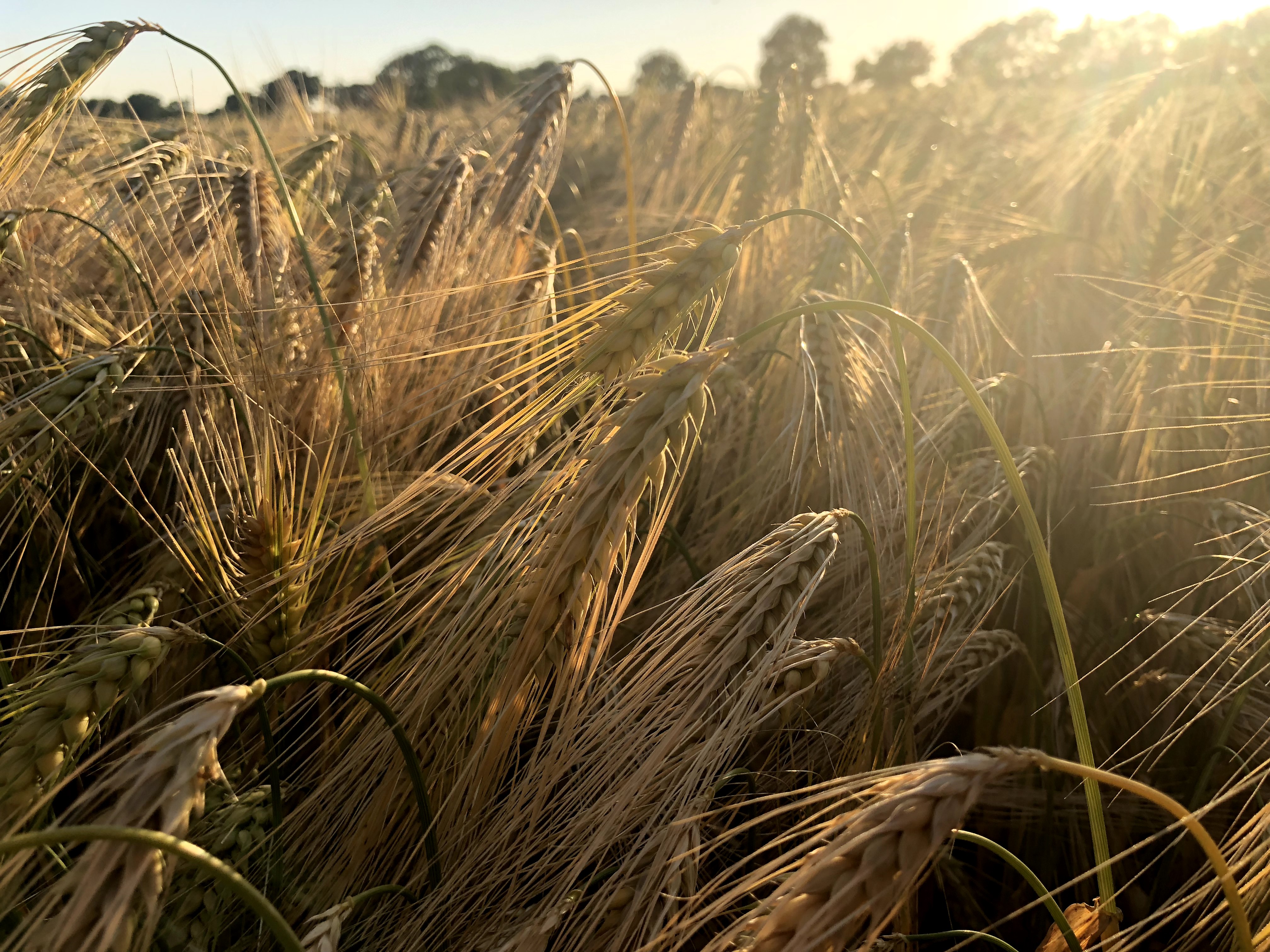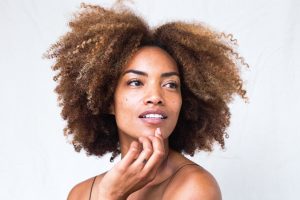Sleep is one of those big topics that so many people that I see in the clinic have issues with. With sleep disorders, including insomnia, affecting over 5 million Australians (Adams et al. 2016), whether people can’t get enough of it, or can but are waking constantly throughout the night, or are just waking up unrefreshed every morning and are left wondering why, it’s a common problem that we have all heard of before. As for me, I have been a bad sleeper since day dot (as my mum would say), as a result from being a sick baby, my sleep patterns were disrupted from the very beginning.
I can remember lying in bed for hours every night wondering why my mean parents wanted me to stay in my room! My parents took me to everyone to try to make me sleep, but no one could give them a specific reason, remedy, or any magic pill that would explain why I didn’t sleep or fix the issue. I even remember being a teenager and reading how clenching your fist in bed would signal cortisol hormones to be released due to a fight or flight response, making it more difficult to fall asleep, and then being so careful to lie down in very specific positions to encourage relaxation and making sure that my fists weren’t clenched! Unsurprisingly, I spent most of my childhood feeling pretty exhausted and not to mention having huge battles with my parents in the mornings about going to school, due to being so tired (and not to mention anxious which was made worse by not sleeping!)
Luckily with better education and as an adult, and in conjunction with treating some underlying anxiety that I was experiencing, I have been able to train my body to go to sleep at reasonable hours of the night, and I actually feel rested in the mornings! My main number one thing that helped me was to start a consistent meditation practice every evening right before when I went to bed. I would put on the guided meditation track (Belinda Davidson’s Guided Chakra Cleanse)* and at first, I would get through the whole thing and then think – ‘now what?’ But after a few weeks of doing this consistently I was able to start training my body that this is time for relaxation and for me to sleep, and voilà, I was sleeping within 10 mins of putting on the track AND waking up feeling refreshed.
To really start to train my body that this is the new routine, was to start using an alarm in the morning and decreasing the time down by 5-minute increments towards my ‘ideal’ wake up time every 2-3 days. Basically, what I didn’t realise I was doing at the time, was resetting my circadian rhythm. Which is really what the major game changer was for me. I had been so trained to be awake at odd hours of the night and wanted to sleep to noon every day and at the time I didn’t properly appreciate that part of my issue was just that my body was working on a completely different time zone to everyone around me. So I cannot stress enough how important it is to establish a consistent routine for your sleep habits.
So aside from not wanting to walk around like a zombie at work all the next day, why is it important for us to get a good nights rest? Well to really drill it home, having sleep disorders and shorted sleep time carries a higher risk of you developing chronic diseases and health problems. Strokes, coronary heart disease, diabetes, hypertension, depression, erectile dysfunction, and obesity are all linked to shorted sleep cycles and/or sleep disorders (Adams et al. 2016). So without going down the rabbit hole of diagnosed medical conditions which affect sleep, such as sleep apnoea, thyroid disease, hormonal changes, and mental health conditions, there are still soooo many things that we can look to do to improve our quality of sleep, to help prevent all of the aforementioned health conditions.
These are my top tips…
Lights & Screens
I’m sure that just about everyone has been told that ‘you shouldn’t look at screens before bed’, which is driven from the idea that 150 years ago, we weren’t getting any (or very little) light in the evenings. Artificial light has, of course, made our world better and safer, but evidence suggests that the blue wave light emitted from screens and many light bulbs is disruptive to our circadian rhythm as our brains interpret these lights the same way it does the sun, and therefore suppresses melatonin, as it would in the mornings (Bedrosian & Nelson, 2017). By swapping your light bulbs for a blue-blocking one in your bedroom, using dimmer lamps, or putting apps such as f.lux on your computer at night will help to encourage your body to remember that its night time and time for sleep! Another pro-tip is to use a night light in your bathroom or hallway if you find yourself waking up in the night and going to the loo, to avoid turning on any overhead lights which may make it more difficult to fall back to sleep again.
Caffeine
a general rule that all of my clients here is ‘no caffeine after midday’, and for good reason! The half-life of caffeine in the human body is about 5 hours, presuming that your liver is running at normal speed, but it can vary and in some the half-life can be up to 9.5 hours (Institute of Medicine, 2001). So if you are having your last cuppa at midday, it’s entirely possible that your brain is still powered up by it at 9pm at night. So by making this simple switch to no caffeine after midday can really do wonders for helping your get to sleep earlier in the evenings!
Foods
So I’m sure everyone how has trouble sleeping has heard about magnesium and how fantastic it is for the neurotransmitters and to help promote relaxation. However, not as many people have heard about tryptophan! Tyrptophan is an amino acid found in foods such as turkey, oats, peanuts, dark chocolate, and bananas, and it is an important precursor to make the neurotransmitter serotonin. It has been found that by using tryptophan in studies, patients were able to fall asleep faster and were able to initiate REM sleep earlier in the night as well as increasing the duration of the REM sleep (Griffiths, Lester, Couter, & Williams, 1972). In more recent years its been studied a few steps further and its been shown that tryptophan will help people with a specific type of polymorphism in their serotonin and for these people particularly, its is super effective for improving sleep quality (Dalfsen & Markus, 2019). While this isn’t something that we go around testing at the moment, it shows that it can be worth trying to increase these foods to improve your sleep or to come and talk to a health professional to see if taking supplemental tryptophan is right for you.
Alcohol
Alcohol may help you get to sleep but it will fragment your sleep while your liver metabolises it. It has been found that alcohol consumption up to 6 hours before bed, leads to fragmented sleep with increased waking and restfulness, and with evidence showing that after time with continued alcohol consumption before bed, the effects of helping to get to sleep decreases and the effects of disrupting sleep increases (Vitiello, 2006; Landolt, Roth, Dijk, Borbely, 1996). So if you have problems with staying asleep, I would normally to trial one month with no alcohol intake at night, however, having no more than one standard drink per night tends to work well for a lot of people.
Melatonin
If you live in North America (USA or Canada) I would recommend talking to a health professional about using melatonin, which is available without a prescription. In Australia, a script from your GP is required, so it might be worth visiting your local GP and having a chat to see if it is suited for you, particularly if you are a shift worker who works night duties. The benefit of using melatonin is that you are taking the precise hormone that in conjunction with cortisol, regulates your circadian rhythm. However, there are many herbs that naturopaths can use to do the similar things, which act on the hormonal pathways and neurotransmitters to do the same job, often with a few extra benefits such as having an antianxiety effect or good for your digestion too! Herbs including valerian, passion flower, lime blossoms, Californian poppy, lavender, kava, skullcap, and ziziphus are all used commonly by naturopaths to help with sleep disorders. Before taking any herbal medicine it is important to speak to a naturopath to discuss whether it is right for you.
Gillian Plant
* Just a note, this track isn’t actually designed for sleeping at all! But it worked for me and helped me get refocused in my body when I had times of feeling anxious, plus I still love using it today… also not a paid advertisement, I just genuinely use this meditation!
References:
Adams, R., Appleton, S., Taylor, A., McEvoy, D., & Antic, N. (2016). Report to the sleep health foundation 2016 sleep health survey or Australian Adults. The Adelaide Institute for Sleep Health. Retrieved from: https://www.sleephealthfoundation.org.au/pdfs/surveys/SleepHealthFoundation-Survey.pdf
Bedrosian, T. A. & Nelson, R. J. (2017). Timing of light exposure affects mood and brain circuits. Translational Psychiatry, 7(1), e1017. doi:10.1038/tp.2016.262
Institute of Medicine (US) Committee on Military Nutrition Research. (2001). Caffeine for the sustainment of mental task performance: formulations for military operations. National Academies Press, Washington.
Landolt, H. P., Roth, C., Dijk, D. J., Borbely, A. A. (1996). Late-afternoon ethanol intake affects nocturnal sleep and the sleep EEG in middle-aged men. Journal of Clinical Psychopharmacology, 16(6), p. 428-436. doi:10.1097/00004714-199612000-00004
van Dalfsen, J. H., & Markus, C. R. (2019). The serotonin transporter gene-linked polymorphic region (5-HTTLPR) and the sleep-promoting effects of tryptophan: a randomised placebo-controlled crossover study. Journal of Psychopharmacology, 33(8), 948-954. doi:1177/2069881119855978
Vitiello, M. V. (2006). Sleep, alcohol and alcohol abuse. Addiction Biology, 2(2). doi:10.1080/13556219772697
Griffiths, W. J., Lester, B. K., Coulter, J. D., & Williams, H. L. (1972). Tryptophan and sleep in young adults. Psychophysiology, 9(3). doi:10.1111/j.1469-8986.1972.tb03218.x





